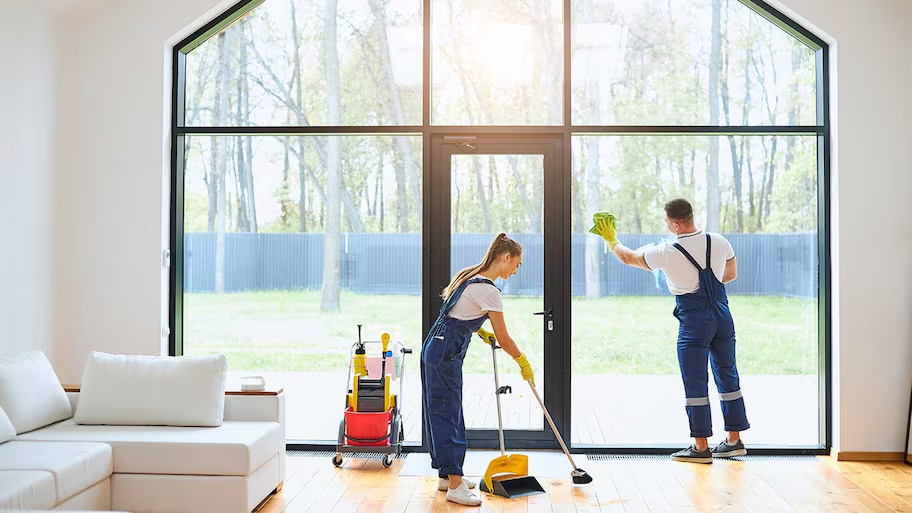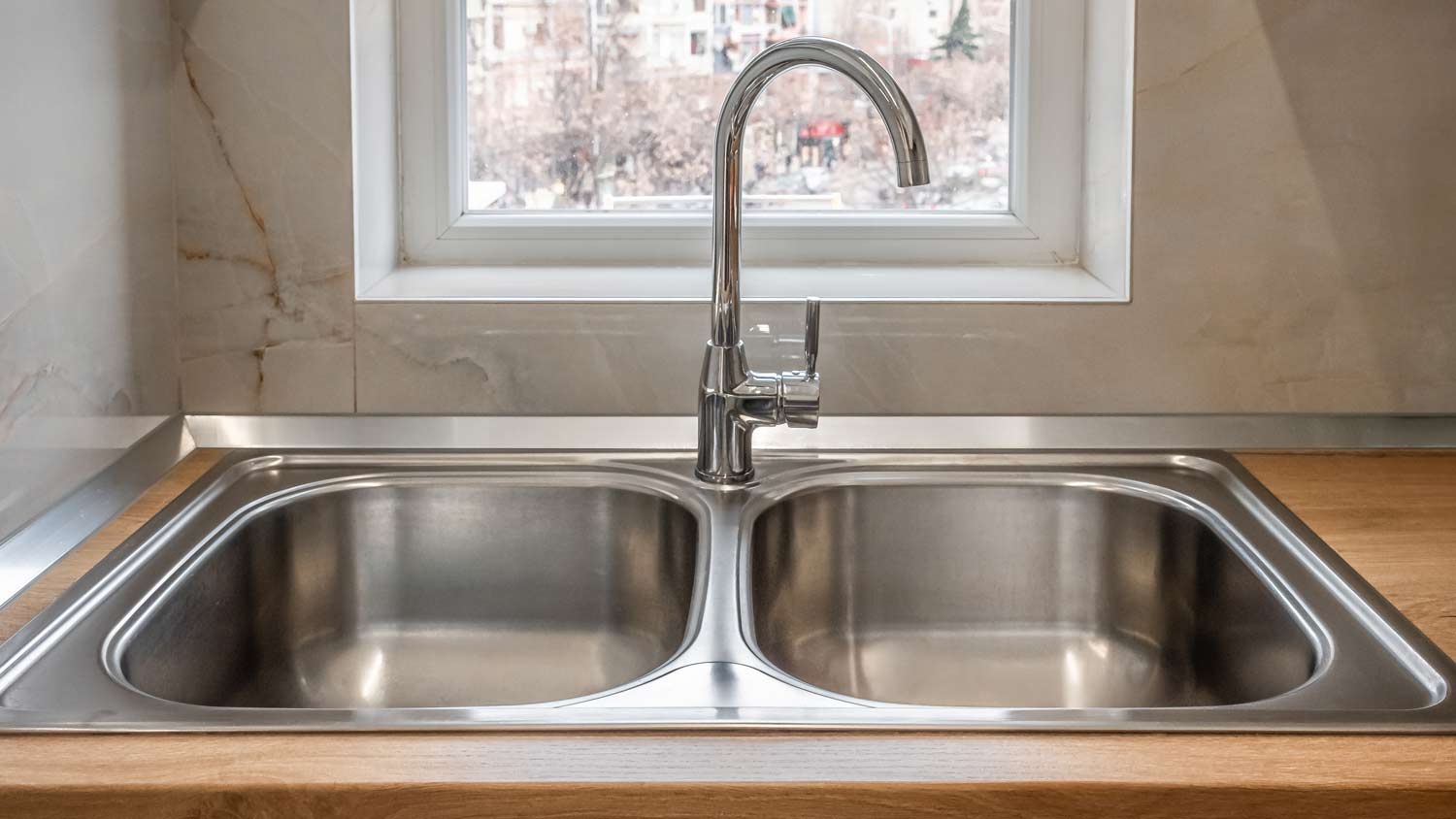
Get matched with top welders in Saginaw, AL
There are 1 highly-rated local welders.
Matching on Angi


Welders in Saginaw
We specialize in fencing services and repairs, for all types of fencing! We guarantee your satisfaction, and we won’t leave until the job is done right. We pride ourselves on the quality work we provide, while delivering great customer service! Check out all the services we offer below and call -or- click to schedule a free estimate today!
We specialize in fencing services and repairs, for all types of fencing! We guarantee your satisfaction, and we won’t leave until the job is done right. We pride ourselves on the quality work we provide, while delivering great customer service! Check out all the services we offer below and call -or- click to schedule a free estimate today!
Provides welding services near jasper Alabama and and surrounding areas .
Provides welding services near jasper Alabama and and surrounding areas .
If your needing your fence repaired or a new one installed/built you are on the right company. At no limit fencing we take pride in our fences! They are our passion! We love and strive to see the look of satisfaction on the customer's face when they see their final result! We offer free estimates! Within 24 hrs someone will have already been to your house called given you a price and scheduled your start day if you choose to do it! Most companies can't do that! We specialize in all fences residential and commercial. Wood, chainlink, iron, aluminum, vinyl, farm fences, electric, Any and all fence types! We offer the choice of using metal frames for wooden double gates so they don't sag. We use Grade A quality material. If you have your material or want it done a specific way we can do it. Our number 1 goal is your happiness and satisfaction with your fence! And an overall great experience! We are licensed and insured. We are a locally family owned company that's been in business for 10+ years. We have affordable prices and can match any other companies prices!! Law enforcement personnel, veterans, military personnel, and elderly discounts are offered as well! Give us a call or go to our Facebook. We also have another website http://nolimitfencing123.x10host.com/ you can contact us on either one! We look forward to hearing from you!
If your needing your fence repaired or a new one installed/built you are on the right company. At no limit fencing we take pride in our fences! They are our passion! We love and strive to see the look of satisfaction on the customer's face when they see their final result! We offer free estimates! Within 24 hrs someone will have already been to your house called given you a price and scheduled your start day if you choose to do it! Most companies can't do that! We specialize in all fences residential and commercial. Wood, chainlink, iron, aluminum, vinyl, farm fences, electric, Any and all fence types! We offer the choice of using metal frames for wooden double gates so they don't sag. We use Grade A quality material. If you have your material or want it done a specific way we can do it. Our number 1 goal is your happiness and satisfaction with your fence! And an overall great experience! We are licensed and insured. We are a locally family owned company that's been in business for 10+ years. We have affordable prices and can match any other companies prices!! Law enforcement personnel, veterans, military personnel, and elderly discounts are offered as well! Give us a call or go to our Facebook. We also have another website http://nolimitfencing123.x10host.com/ you can contact us on either one! We look forward to hearing from you!
Elite Property Management has been in business since 1998. We believe in offering services that we know how to do. We have a 24 hr line for our clients. We strive to be a leader in our industry not only in our community but in the southeast. We specialize in residential and commercial properties. We accept cash, checks, debit cards & credit cards. We make it easy being a home owner.
Elite Property Management has been in business since 1998. We believe in offering services that we know how to do. We have a 24 hr line for our clients. We strive to be a leader in our industry not only in our community but in the southeast. We specialize in residential and commercial properties. We accept cash, checks, debit cards & credit cards. We make it easy being a home owner.
We are your home town heroes, soldiers that are here to work for you. We employ veterans and active military. We have licensed electricians, plumbers, and HVAC technicians. All bids are completed through an itemized estimate and clients are then invoiced. We offer 15% off to all new clients and military. Financing options are available.
We are your home town heroes, soldiers that are here to work for you. We employ veterans and active military. We have licensed electricians, plumbers, and HVAC technicians. All bids are completed through an itemized estimate and clients are then invoiced. We offer 15% off to all new clients and military. Financing options are available.
We provide professional home repair services.
We provide professional home repair services.
Experienced welder. Affordable and quality welding. Sub-contracting available.
Experienced welder. Affordable and quality welding. Sub-contracting available.
Construction and Management Solutions, LLC specializes, in Home Remodeling, Restoration,Water mitigation and Damage Repairs.
Construction and Management Solutions, LLC specializes, in Home Remodeling, Restoration,Water mitigation and Damage Repairs.
We are a small company with virtually no overhead wich allows us to undercut the competition. With over 25 yrs. of experience we are skilled in virtually every aspect of ironwork. We take 100% pride in our products and back it up with hard work. All jobs can be completely customized to your own personal preferences. All estimates are free and no job is too big or too small.
We are a small company with virtually no overhead wich allows us to undercut the competition. With over 25 yrs. of experience we are skilled in virtually every aspect of ironwork. We take 100% pride in our products and back it up with hard work. All jobs can be completely customized to your own personal preferences. All estimates are free and no job is too big or too small.
Welding services FAQs
Welding is the process of using extreme heat—and, sometimes, pressure—to attach two pieces of metal. In contrast, metal fabrication is a more involved process that can include welding, sheet metal work, bending, and other forms of metal manipulation. Metal fabrication is a large-scale project that may or may not involve welding, while welding is more often a step in larger fabrication projects.
The average cost to hire a welder is about $300, with an average rate ranging from $65 to $125 per hour, depending on their experience and the project type and size. Aside from labor costs, some other charges you’ll need to pay include the cost of the welding material and the cost of the shielding gas that makes welding possible and safe. When you’re interviewing welders for your work, you can ask for an estimate based on your project specifics. In some simple cases, like welding gas lines or common welding projects, local welders may charge a flat hourly rate with add-ons if necessary.
There are a few things you can ask welders before you hire them to get an idea of their experience and ability levels:
Are you licensed and certified?
How long have you been in the welding business?
Do you commonly do the type of welding I need?
Do you offer any kind of warranty for your work?
Do you charge by the hour or by the project?
How long do you expect my welding project to take?
What steps do you take to minimize errors in your work?
You should not do your own welding unless you have the proper training and experience. Most home electrical systems can only handle MIG welding, which creates weaker bonds than TIG welding and won’t work on certain metals or metal thicknesses. Both welding forms usually require the use of shielding gas, which can be dangerous to store at home. Additionally, welding machines create temperatures of over 3,000 degrees, and the sparks can blind you if you don’t have the proper equipment. As such, it’s usually better to hire a professional welder for your welding projects.
Some states require welders to be licensed and certified, while others don’t. However, it’s always a good idea to hire a licensed welder, regardless of requirements in your area, especially if you need welding for structural components of your home or gas lines. Licensed welders have gone through training and testing to prove their skills, so they’re less likely to make a mistake that could be detrimental to your home. Use Angi’s state licensing tool to determine whether your potential hire has a welding license.












